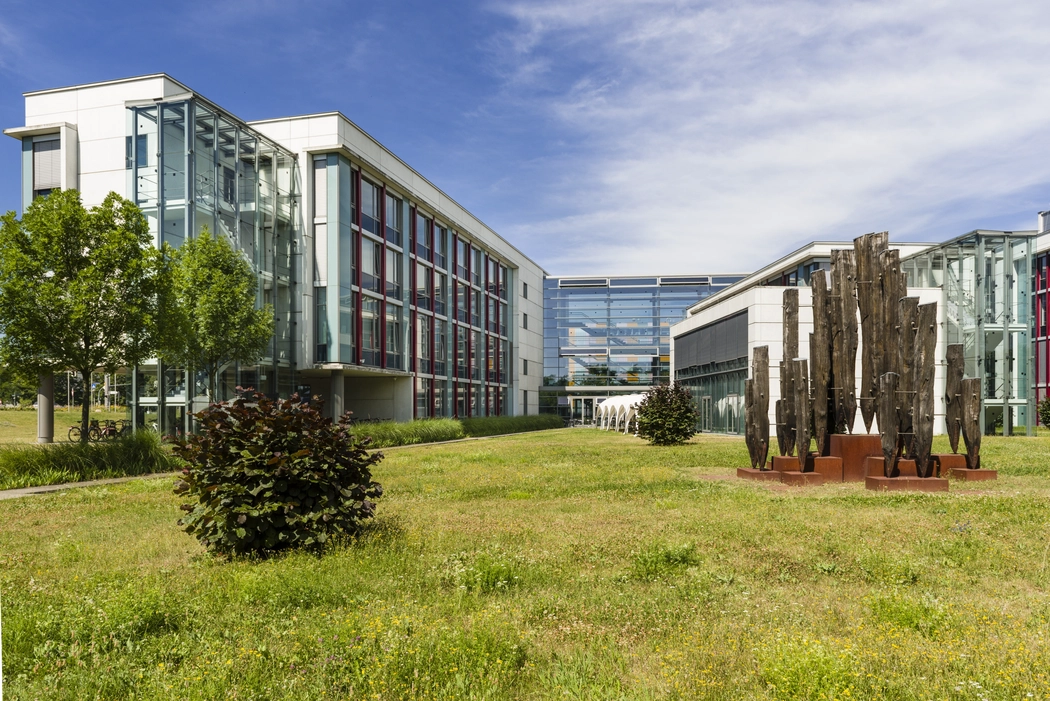How Can the Enantiomers of a Chiral Molecule be Separated More Effectively?
DOI:
https://doi.org/10.21036/LTPUB10483Researcher
Andreas Seidel-Morgenstern is Director and Scientific Member at the Max Planck Institute for Dynamics of Complex Technical Systems. He is also Professor of Chemical Process Engineering at the University of Magdeburg. In 2016, he was appointed Vice President of the International Adsorption Society (IAS). In addition, he is also member of several editorial boards, for instance Adsorption and the Chemical Engineering Journal. He has received numerous awards, including the ‘Humanity in Science Award’.

Original Publication
Continuous Preferential Crystallization of Chiral Molecules in Single and Coupled Mixed-Suspension Mixed-Product-Removal Crystallizers
Kamila Galan,
Matthias J. Eicke,
M. P. Elsner,
Heike Lorenz,
Andreas Seidel‐Morgenstern
Published in
Citation
Andreas Seidel-Morgenstern,
Latest Thinking,
How Can the Enantiomers of a Chiral Molecule be Separated More Effectively?,
https://doi.org/10.21036/LTPUB10483,
Credits:
© Andreas Seidel-Morgenstern
and Latest Thinking
This work is licensed under CC-BY 4.0
